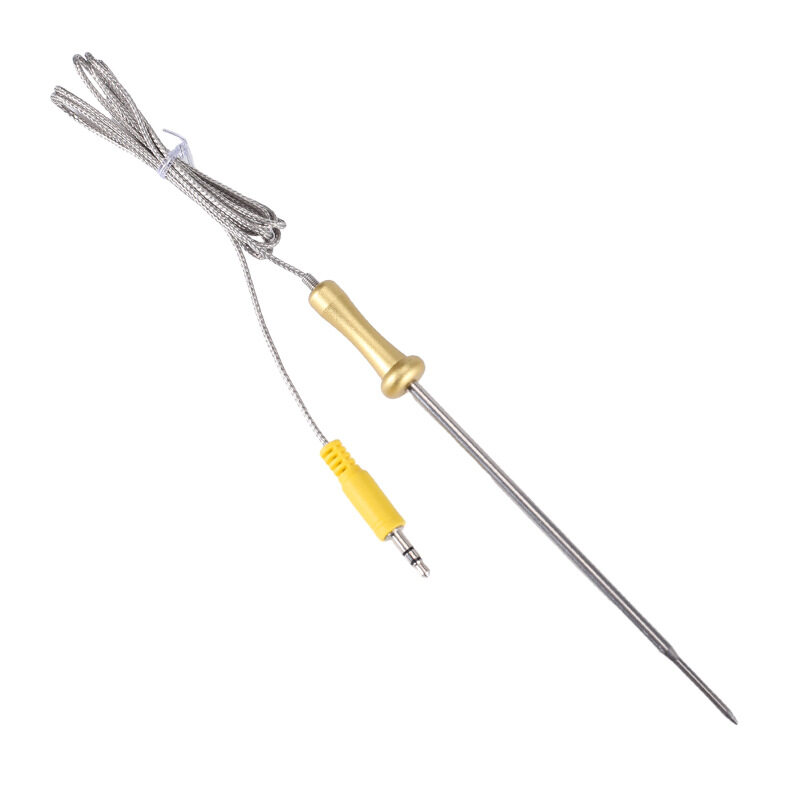Żball fil-format tal-email
emailCannotEmpty
emailDoesExist
pwdLetterLimtTip
inconsistentPwd
pwdLetterLimtTip
inconsistentPwd


Exploring the World of China Electronic Components Suppliers
China has long been recognized as a global manufacturing powerhouse, particularly in the realm of electronic components. Whether you are an entrepreneur starting a new tech venture or an established business looking to optimize your supply chain, understanding the landscape of a China electronic components supplier is crucial. This blog will delve into the benefits, challenges, and strategies for working with these suppliers, providing a comprehensive guide to navigating this essential sector.
The Rise of China as a Leading Electronic Components Supplier
Historical Context
China's journey to becoming a dominant force in the electronic components industry began in the late 20th century. Government policies, economic reforms, and investments in infrastructure laid the foundation for its rapid industrial growth. The focus on education and vocational training produced a skilled workforce capable of handling sophisticated manufacturing processes.
Modern Advancements
Today, China is home to some of the most advanced manufacturing facilities in the world. The integration of cutting-edge technologies, such as automation and artificial intelligence, has enabled Chinese factories to produce high-quality electronic components at competitive prices. Companies like Huawei, Foxconn, and Xiaomi are prime examples of China's prowess in this field.
Advantages of Sourcing from a China Electronic Components Supplier
Cost-Effectiveness
One of the primary reasons businesses turn to a supplier is cost savings. The economies of scale, lower labor costs, and efficient production methods in China translate to significant reductions in manufacturing expenses. This cost advantage allows companies to offer competitive pricing in their markets.
Wide Range of Products
China's electronic components suppliers offer a vast array of products, from basic resistors and capacitors to advanced microprocessors and semiconductors. This extensive product range means that businesses can find virtually any component they need, simplifying the procurement process and reducing the need to source from multiple suppliers.
Innovation and Quality
Contrary to some misconceptions, many suppliers are at the forefront of innovation. Companies invest heavily in research and development to stay competitive and meet the evolving demands of the global market. Quality control measures have also improved significantly, ensuring that the components meet international standards.
Challenges in Working with China Electronic Components Suppliers
Language and Cultural Barriers
One of the most common challenges businesses face when dealing with suppliers is language and cultural differences. Miscommunications can lead to misunderstandings, delays, and errors in orders. It's essential to establish clear communication channels and, if necessary, employ translators or local agents.
Intellectual Property Concerns
Intellectual property (IP) protection is a critical issue when sourcing from China. While the country has made strides in strengthening IP laws, enforcement can still be inconsistent. Companies need to take proactive measures, such as registering patents and trademarks in China, to safeguard their innovations.
Logistics and Lead Times
The geographical distance between China and other parts of the world can pose logistical challenges. Shipping times can be lengthy, and unexpected delays may occur due to customs or other factors. It's crucial to plan ahead and build buffer times into your supply chain schedule to mitigate these risks.
Strategies for Successfully Partnering with China Electronic Components Suppliers
Conduct Thorough Research
Before selecting a supplier, conduct comprehensive research. Look for suppliers with a proven track record, positive reviews, and certifications that attest to their quality and reliability. Platforms like Alibaba and Global Sources can provide valuable insights and supplier ratings.
Establish Clear Contracts
Having a clear and detailed contract is vital when working with international suppliers. The contract should outline specifications, quality standards, delivery schedules, payment terms, and dispute resolution mechanisms. It's advisable to seek legal counsel to ensure the contract complies with both local and international laws.
Build Strong Relationships
Building a strong relationship with your supplier can lead to better collaboration and mutual trust. Regular communication, visits to the supplier's facilities, and attending industry trade shows in China can help strengthen these ties. A solid relationship can also provide you with better terms and priority during peak production times.
Case Studies: Success Stories in Sourcing from China
Tech Startups Thriving with Chinese Suppliers
Many tech startups have leveraged the capabilities to bring innovative products to market quickly and affordably. For instance, the popular drone manufacturer DJI sources many of its components from Chinese suppliers, allowing it to maintain cost efficiency while delivering cutting-edge technology.
Established Corporations Streamlining Their Supply Chains
Large corporations like Apple and Samsung have long relied on China electronic components suppliers to streamline their supply chains. By partnering with reliable suppliers, these companies can maintain high production volumes and meet global demand without compromising on quality.
Future Trends in the China Electronic Components Industry
Sustainability and Eco-Friendly Practices
As global awareness of environmental issues grows, China electronic components suppliers are increasingly adopting sustainable practices. From reducing waste and energy consumption to using eco-friendly materials, these initiatives are becoming more prevalent. Companies sourcing from China can benefit from aligning their supply chains with these sustainable practices.
Integration of Artificial Intelligence
The integration of artificial intelligence (AI) in manufacturing is set to revolutionize the industry. AI can enhance quality control, optimize production processes, and predict maintenance needs, leading to greater efficiency and reduced downtime. Suppliers who adopt these technologies will be at the forefront of the industry, offering even higher quality components.
Expansion of the Domestic Market
China's domestic market for electronic components is also expanding rapidly. With a growing middle class and increasing demand for consumer electronics, local suppliers are scaling up to meet this demand. This expansion offers new opportunities for businesses looking to enter or expand within the Chinese market.
Conclusion: Maximizing the Benefits of China Electronic Components Suppliers
Partnering with a China electronic components supplier offers numerous benefits, from cost savings and product variety to innovation and quality. However, it's essential to navigate the challenges of language barriers, IP protection, and logistics carefully. By conducting thorough research, establishing clear contracts, and building strong relationships, businesses can maximize the advantages of sourcing from China.
The future of the electronic components industry in China looks promising, with trends like sustainability and AI integration driving further advancements. Whether you are a startup or an established corporation, understanding the dynamics of working with the suppliers can give you a competitive edge in the global market.

